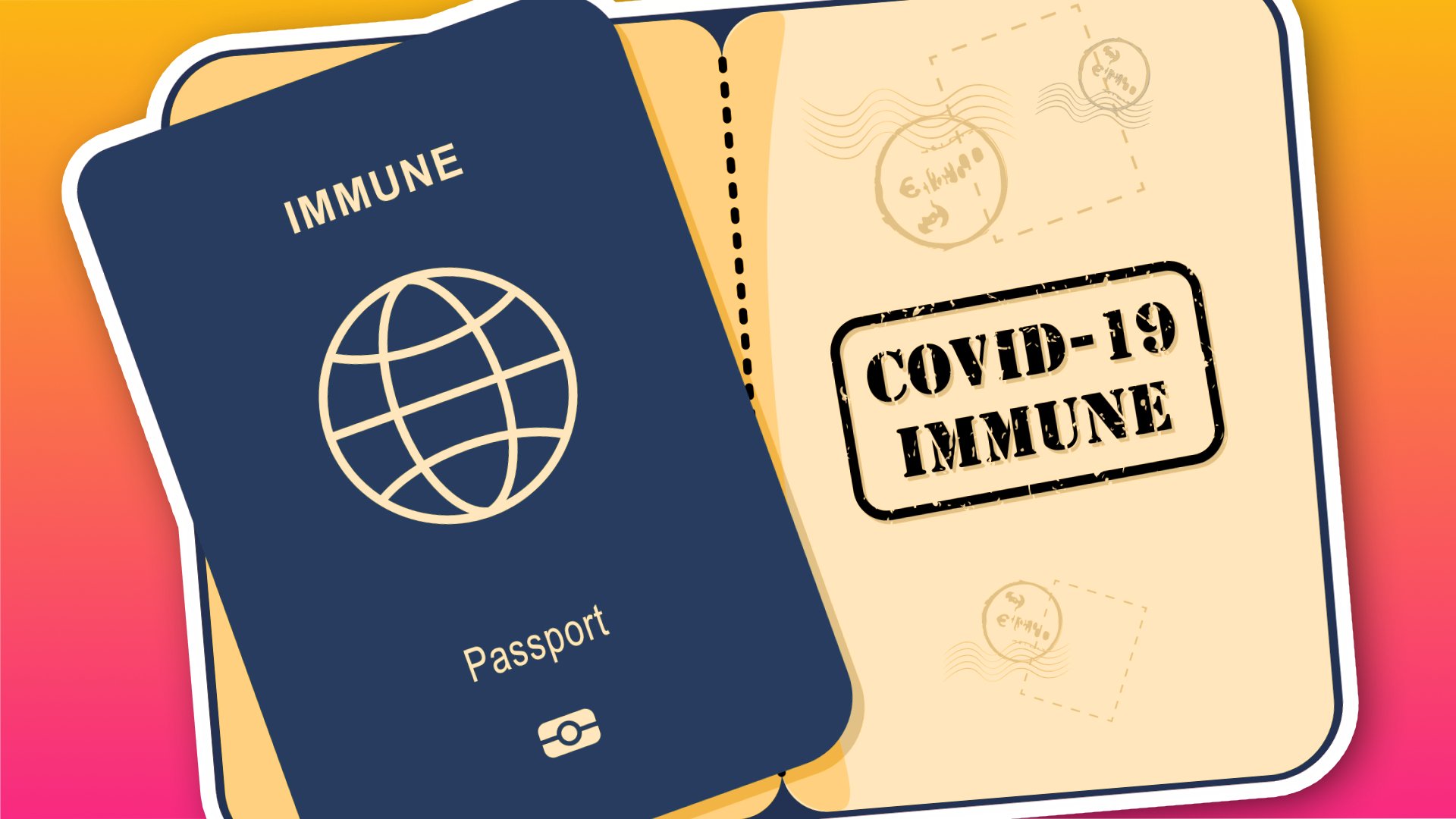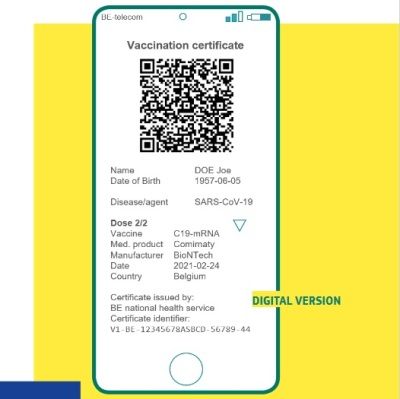

4 These issues raise important questions about global health vaccine equity. 1 The People’s Vaccine Alliance found that high-income countries received 50 times as many vaccine doses as low-income countries, despite only having twice the population. 1 Many doses are going to waste in high-income countries whose citizens refuse to be vaccinated. Over 7.14 billion doses of the COVID-19 vaccine were administered, yet only 4.6% of doses were administered in the poorest fifth of the world. 2 The continued wave of cases on the global stage may be explained by the increasingly widening disparity in vaccine rollout between high and low-income countries. Department of Health and Human Services, COVID-19 vaccination was correlated with a reduction of 265 000 new infections, a total of 107 000 hospitalizations, and around 39 000 deaths in the U.S. This is despite COVID-19 vaccines that are effective at preventing severe illness and death, while also reducing the spread of the virus.

1 This global health crisis persisted through global vaccine rollouts, as new variants emerged and many countries, including the U.S., are now experiencing a “third wave” of cases. 1 The United States (U.S.) alone had 48.6 million cases, the highest number globally. However, vaccine mandates and passports need to be used only sparingly, especially when other options have been exhausted.Īs of December 1, 2021, there were more than 260 million cases of severe acute respiratory syndrome coronavirus 2 (SARS-CoV-2, referred to as COVID-19 subsequently) and 5.2 million deaths worldwide. Global collaboration to facilitate vaccine availability in LMICs should be a priority.Ĭonclusions: It is essential to get as many people as possible vaccinated to return to some normality.

For many low- and middle-income countries (LMICs) vaccines are not available or easily accessible. Since then, the number of COVID-19 deaths more than doubled, despite the wide availability of the vaccine. alone, COVID-19-related deaths hovered above 300000 before COVID-19 vaccination began in mid-December 2020. Unwarranted stringent public health measures degrade public trust. Results: The review showed vaccine mandates are ethical and effective if autonomy-centered alternatives like soft mandates are first exhausted. In total, 19 upper-level students, one research assistant, and one instructor participated in the data collection, analysis, and discussion. Methods: In November 2021, we conducted a review of studies examining global vaccine mandates for an upper-level global health course at Northeastern University, Boston, United States (U.S.). Study Design: Narrative review adapted for a debate. This study is a curated discourse aimed at examining how vaccine mandates and passports may impact global vaccine equity from an ethics perspective. High-income countries are considering vaccine mandates and passports to contain the spread of COVID-19. Background: The highest-income countries procured 50 times as many COVID-19 vaccines as low-income countries, a global health inequity that resulted in only 4.6% of the poorest 5th of the world receiving a COVID-19 vaccine.


 0 kommentar(er)
0 kommentar(er)
